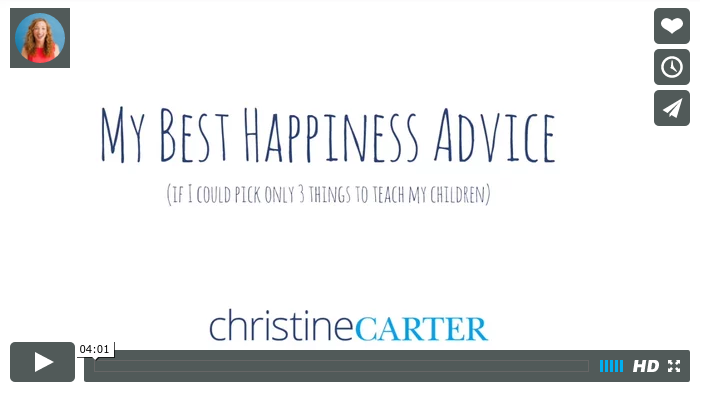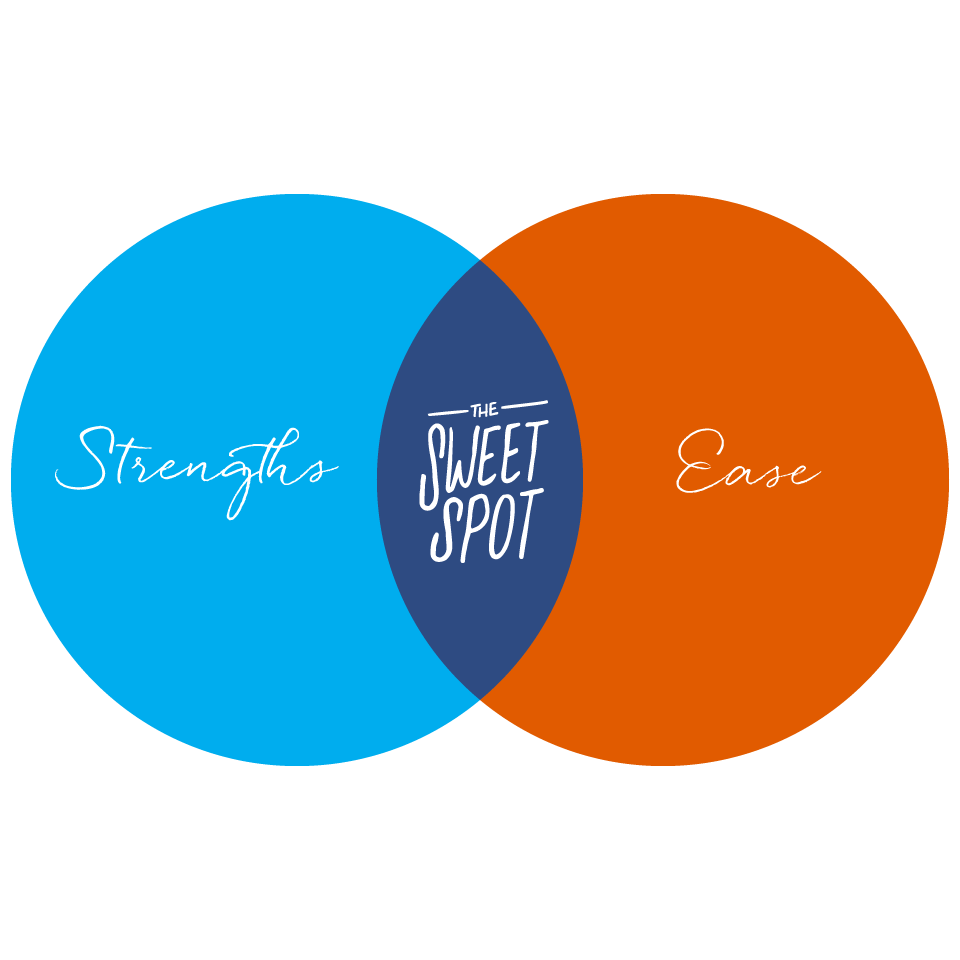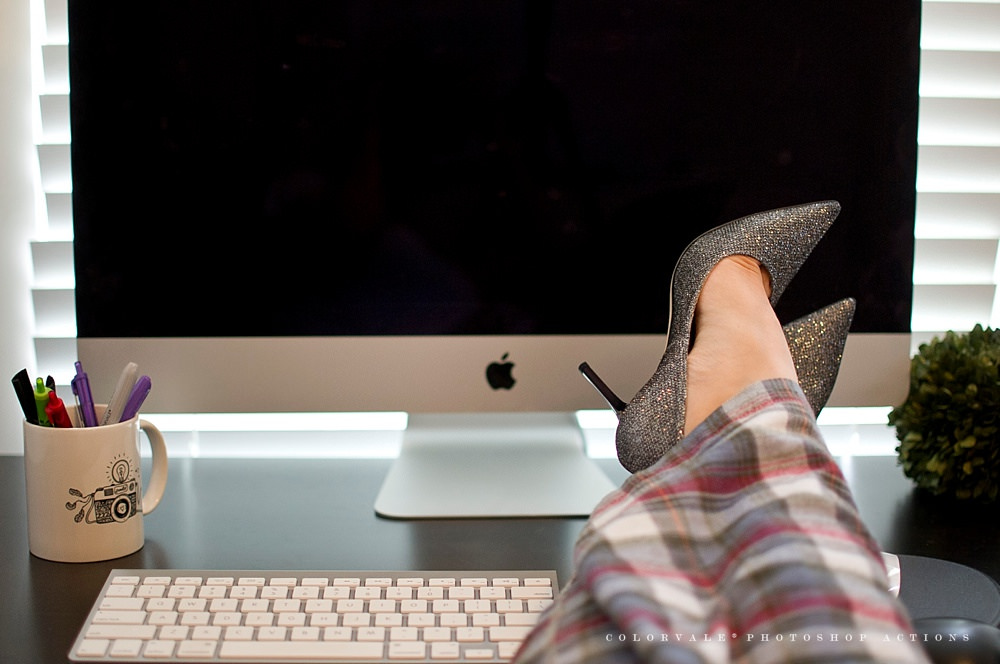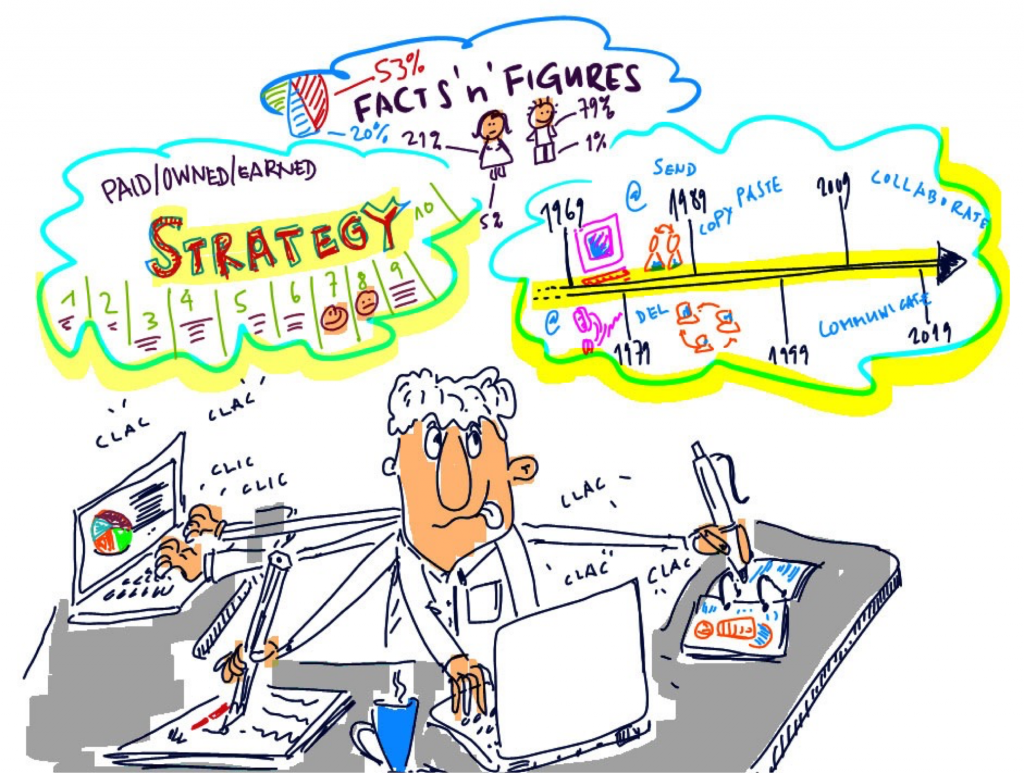People make mistakes all the time.
Not just bad people, or weak people. All people. Our mistakes are what make us human. And even when we don’t think that we’ve made a mistake, other people will often find errors in our ways. We human beings are walking offenders.
Here’s the real question: If we’ve done something that offends someone else — whether or not we feel we are to blame — should we apologize?
I believe that it almost always serves our highest good to apologize if we’ve hurt or offended someone else — even if we think the offended person’s anger is unjustified, or if we have a perfectly good excuse for what happened. Or if our intentions were all good.
Often, the impact of our actions is not what we intended. But here’s the thing: Impact matters more than intention. Our happiness is best predicted by the breadth and depth of our social connections — our relationships with friends, family, partners, spouses, neighbors, colleagues — and so broken or fraying connections are usually worth repairing.
We don’t repair a fissure in one of our relationships by ignoring it. (We have a saying in our family: You can sweep sh*t under the rug, but it is still going to smell.) And we don’t repair it by blaming someone else, or defending our actions. We initiate a repair by apologizing.
But all apologies aren’t created equal, of course. (All parents have watched children spit out a forced “SORRY!” and known it was worthless.)
So what makes a good apology? After studying that question extensively, Aaron Lazare developed perhaps the most robust criteria to date for effective apologies. Drawing on Dr. Lazare’s work, I’ve created the following three-step method for making a good apology.
Step 1: Tell them what you feel. (Just the remorseful feelings, please.)
Usually, we start by saying “I’m sorry” to express remorse. “I’m sorry” is more effective when we elaborate on our remorseful feelings. For example, “I’m so sorry and saddened to hear that my lack of communication has made you so angry and resentful.” Or, “I’m so sorry and embarrassed and ashamed that my comment caused such an uproar.”
What is not constructive is succumbing to–and sharing–feelings of resentment or defensiveness, like, “I’m sorry… you’re being so petty and critical.”
Step 2: Admit your mistake AND the negative impact it had.
This is the hardest part because it requires admitting responsibility for our actions or behavior. This can feel impossible if we don’t really think we did much wrong, or if our intentions were good.
Ask yourself: How is the other person feeling? What did I do that caused that feeling? Could I have done something differently? Then acknowledge these things. Empathize with the offended person; the most important thing is that you demonstrate that you know how they feel. (Don’t apologize until you truly do understand how they are feeling; if you can’t put yourself in their shoes, your apology will ring untrue.)
For example: “I can see that my comment hurt your feelings and that you are feeling misunderstood and uncared for.” Or to your partner you might say, “I know that it was wrong of me to call you out in front of the whole family and that you are angry because I’ve hurt your credibility with the kids. I’m sure that was embarrassing, and it was a mistake for me to do that.”
This is where most of us are tempted to offer an explanation for our behavior. When in doubt, leave the explanation out; trying to explain away our actions can seem like we’re being defensive, or making excuses. (Remember, the point is to repair the relationship, not make the other person see that you were right.)
If you need to shed light on why you did what you did, be careful to continue to take responsibility for the negative impact you had. Saying, “I really didn’t know that you would be offended” is an excuse, not a good explanation. Whining that you didn’t intend for the other person to be hurt doesn’t shed light on anything. More effective would be saying, “It is no excuse for standing you up, but I want you to know that my stepfather had just had a stroke, and I was so frantic to get to the hospital that I forgot to call you.”
If you do offer an explanation, it can help to reiterate your mistake and again acknowledge how the other person feels: “Again, I’m so sorry that I didn’t call you, and that you were stuck there waiting for me for an hour. I can only imagine how upset, worried, and angry you must be.”
Step 3: Make the situation right.
Good apologies include reparation of some kind, either real or symbolic. Maybe you create an opportunity for the person you embarrassed to regain credibility. Or perhaps you admit your mistake to others, too, as a part of the reparation. In many relationships, a hug is a great reparation.
Often, all we need to do is explain what we are going to do differently the next time so that we don’t repeat the offending action or behavior. This helps us rebuild trust and repair the relationship.
If you aren’t sure how to make it right, just ask, “Is there anything I can do to make this up to you?”
Above all, deliver on any promises you make. When we feel guilty or embarrassed, sometimes we over-correct in our attempt to gain forgiveness. If the person is asking for something that you can’t give, say so, and say that you will give some thought to what you can give to make it up to them.
Knowing how to apologize well is at the top of my Sweet Spot Manifesto. It’s a life skill I want my children to practice and master. And it’s one that I’m still working on myself!











